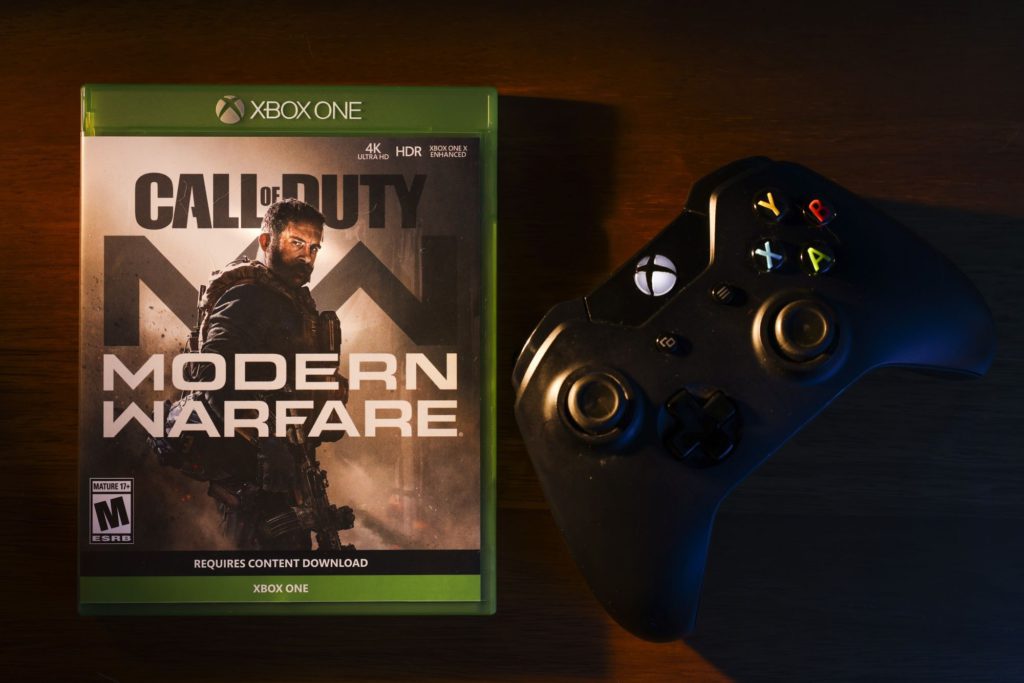Microsoft Corp. said that antitrust regulators shrugged off its offer to make Call of Duty available to gaming rivals — including Sony Group Corp. — as part of its $69 billion purchase of Activision Blizzard Inc.
(Bloomberg) — Microsoft Corp. said that antitrust regulators shrugged off its offer to make Call of Duty available to gaming rivals — including Sony Group Corp. — as part of its $69 billion purchase of Activision Blizzard Inc.
The company, which needs regulatory approval in 16 countries for the Activision deal, made the offer before meetings with US Federal Trade Commission commissioners last week, according to President Brad Smith. But the agency went ahead and voted to sue to block the deal.
“The thing that probably disappoints me is not that we will have to present this case to a judge in a court because this is a case in which I have great confidence,” Smith said at Microsoft’s annual shareholder meeting Tuesday. “I’m disappointed that the FTC didn’t give us the opportunity to even sit down with the staff to even talk about our proposal to even see if there was a solution there.”
The FTC has said it’s concerned the Activision deal will “enable Microsoft to suppress competitors to its Xbox gaming consoles and its rapidly growing subscription content and cloud-gaming business.”
Weeks ahead of the FTC’s decision, Microsoft discussed possible remedies with the agency’s staff in an effort to address their concerns, according to a person familiar with the matter. The agency’s staff rebuffed the company’s overtures, said the person, who asked not to be identified because the talks were private. Then, days before the meetings with commissioners last week, the company put forth the formal offer for Call of Duty, a proposal known as a consent decree that would be legally binding.
The FTC declined to comment on the specifics of any Microsoft offers. “The bureau’s longstanding policy is that we are always willing to consider remedy proposals that are put on the table in the course of our investigations and litigations,” Holly Vedova, the director of the FTC’s Bureau of Competition, said in an emailed statement.
Microsoft declined to comment beyond Smith’s public remarks.
Under FTC Chair Lina Khan, the agency has been more reluctant to accept settlements to resolve concerns about deals, particularly in instances where companies agree to change their behavior.
“Behavioral remedies can often be ineffective and difficult to administer,” Khan said at an October conference. Regulators need to be “extremely wary” of behavioral settlements to “make sure we’re being mindful about when these will or won’t work.”
Smith said the FTC is focused on the potential impact to Sony, but that company’s PlayStation console outsells Microsoft’s Xbox.
“The FTC’s case is really based on a market that they’ve identified that they say has two companies and two products, Sony PlayStation, and Microsoft Xbox,” he said. “If you look at the global market, Sony has 70% of that market, and we have 30%. So the first thing a judge is going to have to decide is whether the FTC lawsuit is a case that will promote competition or is it really instead of case that will protect the largest competitor from competition.”
Smith said PlayStation has 286 exclusive games, compared with Xbox’s 59, “so the administrative law judge is going to have to decide whether going from 59 to 60 is such a danger to competition that he should stop this from moving forward.”
Microsoft’s proposal to make Call of Duty available on the PlayStation includes offering the blockbuster franchise on Sony’s subscription service too, Bloomberg has reported.
(Updates with further details on Microsoft’s offer starting in fifth paragraph.)
More stories like this are available on bloomberg.com
©2022 Bloomberg L.P.











